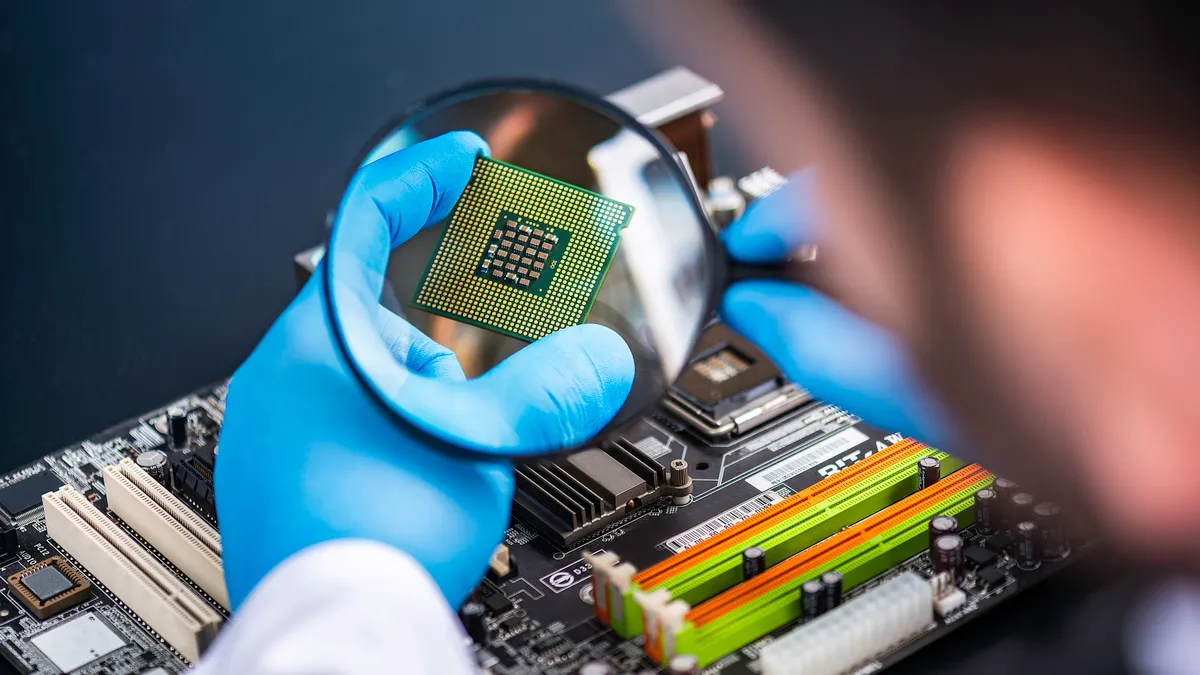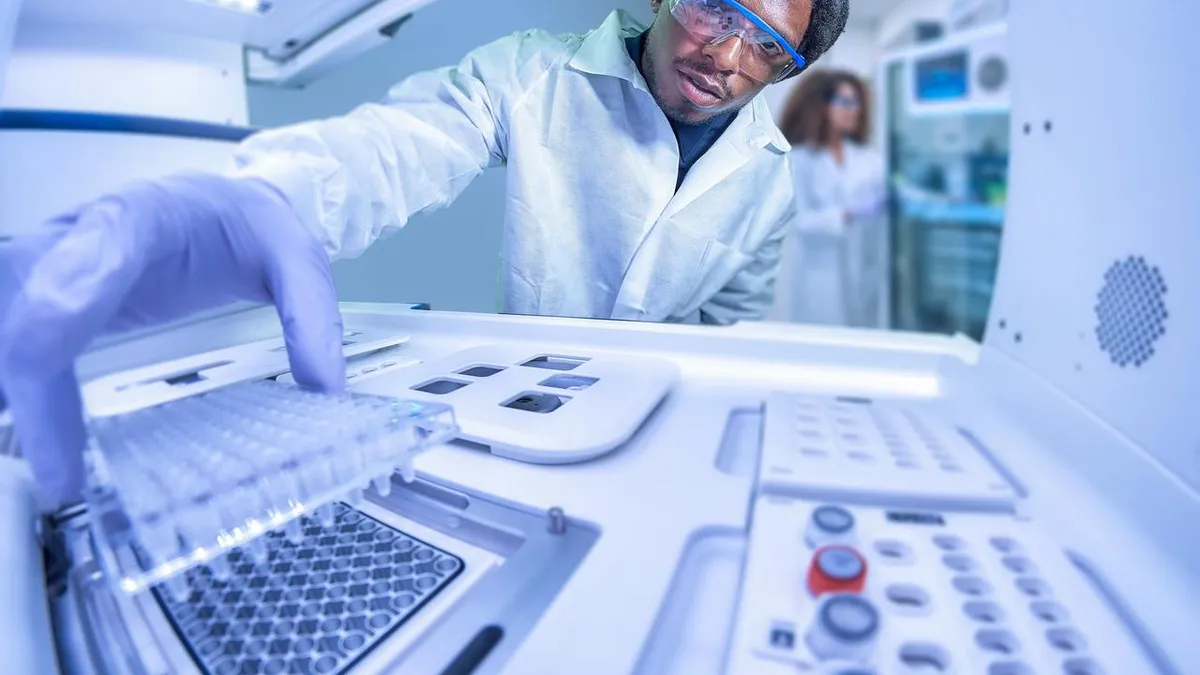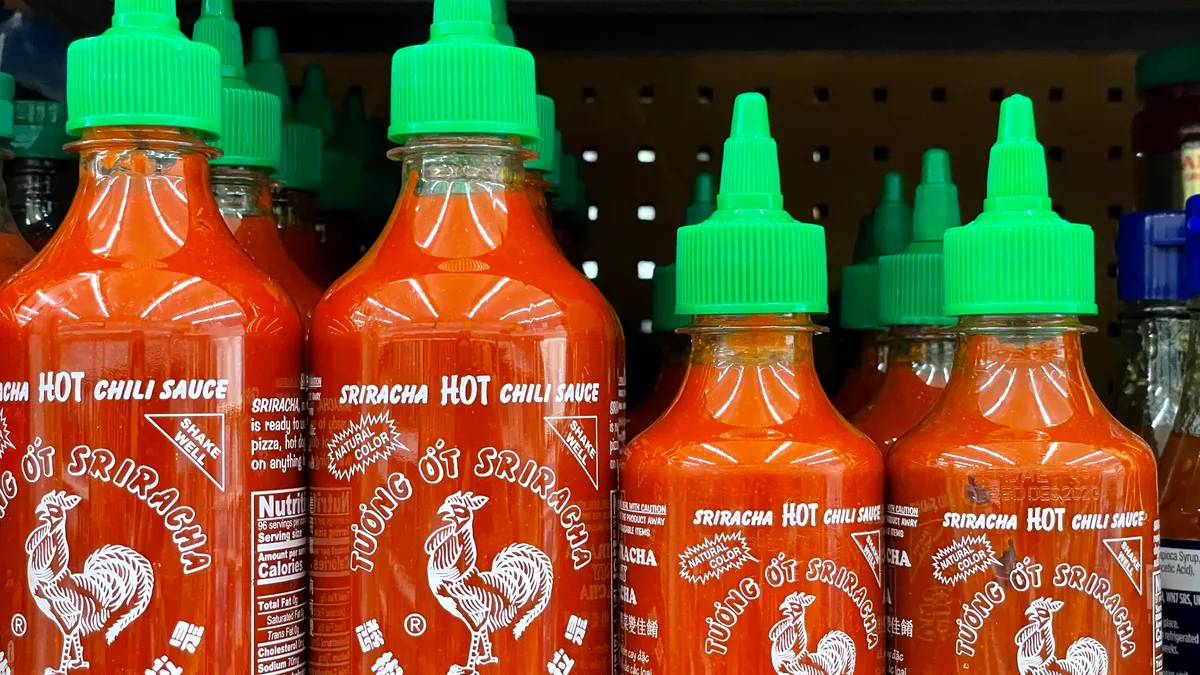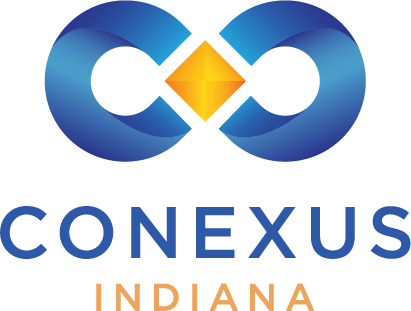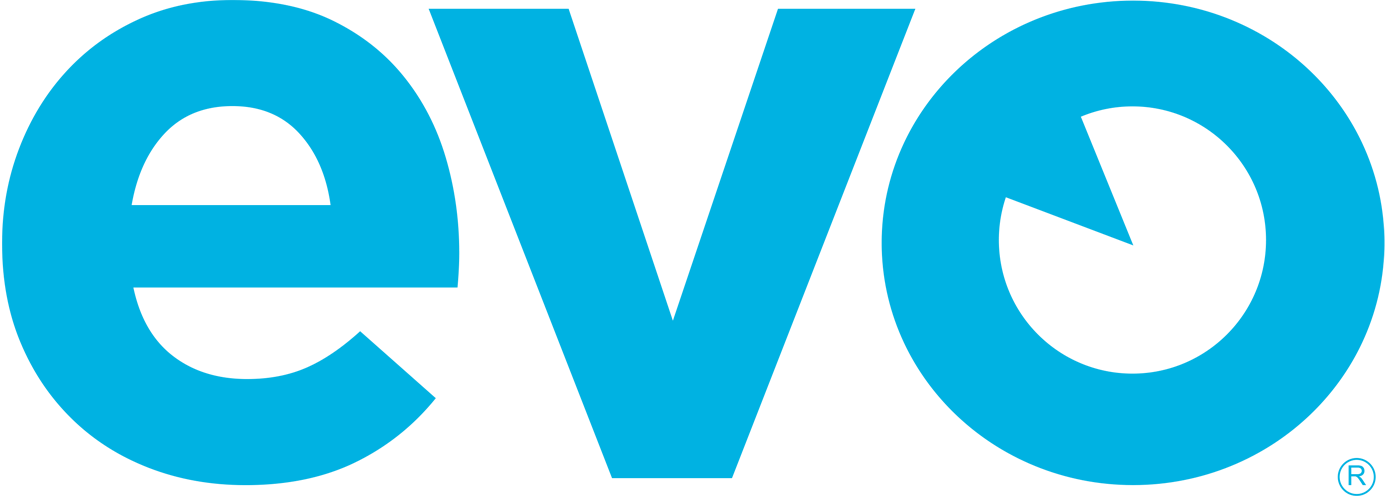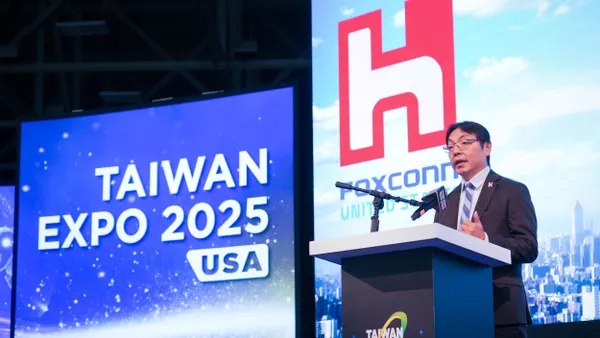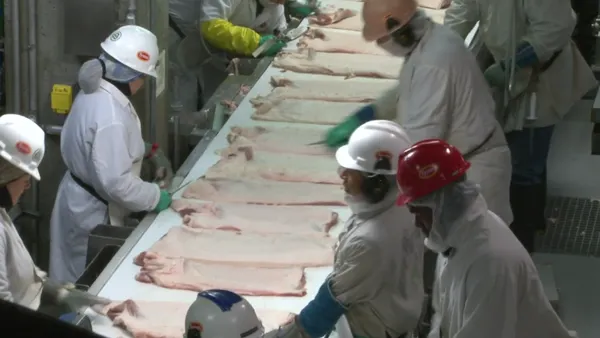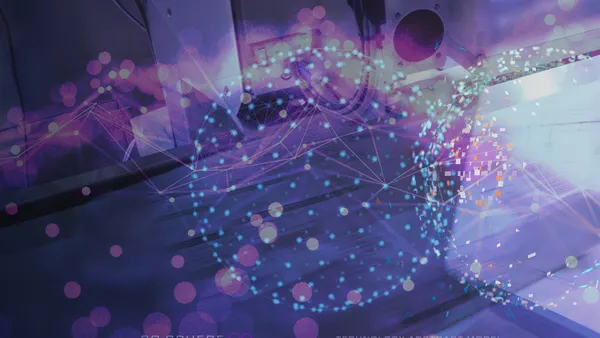Engineered materials maker Materion is expanding its global semiconductor production with the purchase of a manufacturing facility in South Korea, the Ohio-based company said May 29.
The investment, expected to close within 90 days, would strengthen Materion’s position as a leading supplier of tantalum products used in semiconductor chips for high-performance computing and artificial intelligence applications. Tantalum is a rare earth metal that is highly corrosion-resistant.
Materion said it agreed to buy manufacturing assets from Korea-based manufacturer Konasol, including a newly constructed facility for producing deposition materials such as disc-shaped sputtering targets.
“The acquisition strengthens our footprint in Asia to support and service global Tier I semiconductor customers and expands our position as a leading global supplier of deposition materials,” Jugal Vijayvargiya, Materion’s president and CEO, said in a statement.
Even as international companies pledge to invest in the United States to avoid increased costs related to tariffs, some U.S. firms are looking at Asia for closer proximity to rare earth metals. The U.S. is largely dependent on China for rare earth imports.
Uli Blankenstein, vice president of strategy and execution for Materion’s electronic materials division, said in an email that the acquisition would improve the company’s proximity to customers in the Asia Pacific region, such as semiconductor manufacturers, and add new operational capabilities.
“Together these things can only improve our connection with customers in the region,” Blankenstein wrote.
If the deal closes, Blankenstein said eight Konasol employees will join Materion. Financial terms and factory details were not disclosed.
Materion, founded in 1931 as Brush Beryllium Company with a focus on mining and metals, has transformed into a supplier of advanced materials to the semiconductor, industrial, energy and automotive sectors. The company has partnered with NASA and the Idaho National Lab on research and development projects, as well as Kairo Power to advance clean energy.
Materion operates roughly 25 manufacturing sites around the world, according to its website. About half of its footprint is in the United States, with the remaining sites in Europe and Asia. The latest deal with Konasol would expand Materion’s capacity into South Korea for the first time.
The company’s electronic materials division, which includes electric vehicle battery and deposition materials, grew to $335 million in sales in 2023, according to an investor presentation. That marked an increase from $196 million in 2020, driven in part by advancements in AI and 5G connectivity.
Materion generated net sales of $1.7 billion in 2024, according to its annual report. The company saw net income of $5.9 million for the period, down from $95.7 million, citing challenging market factors.



